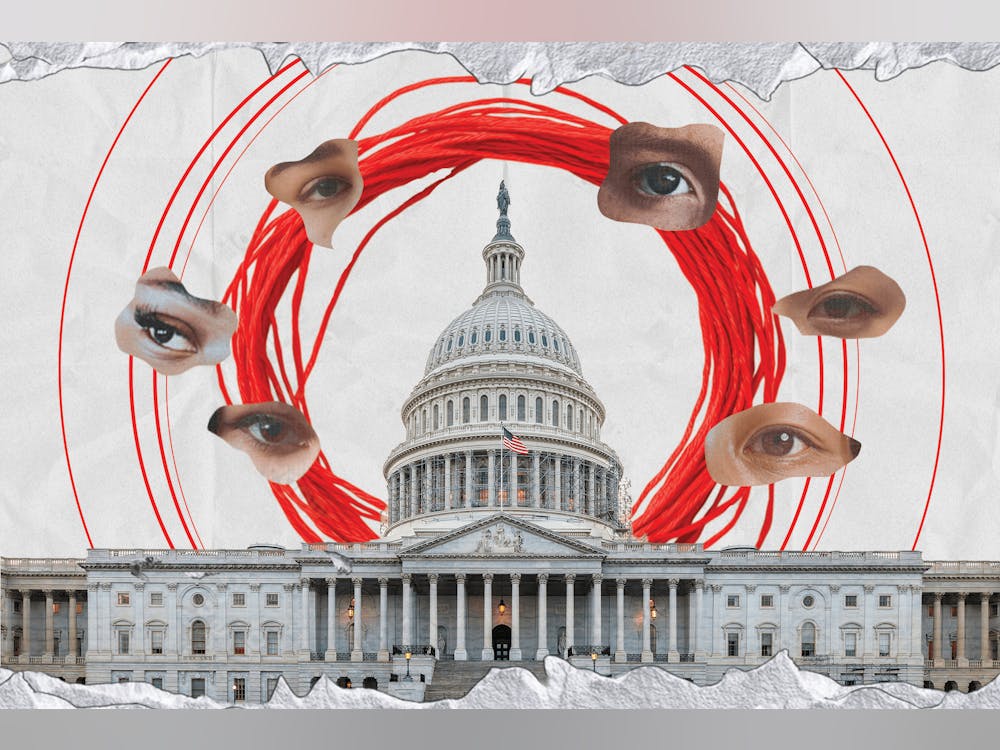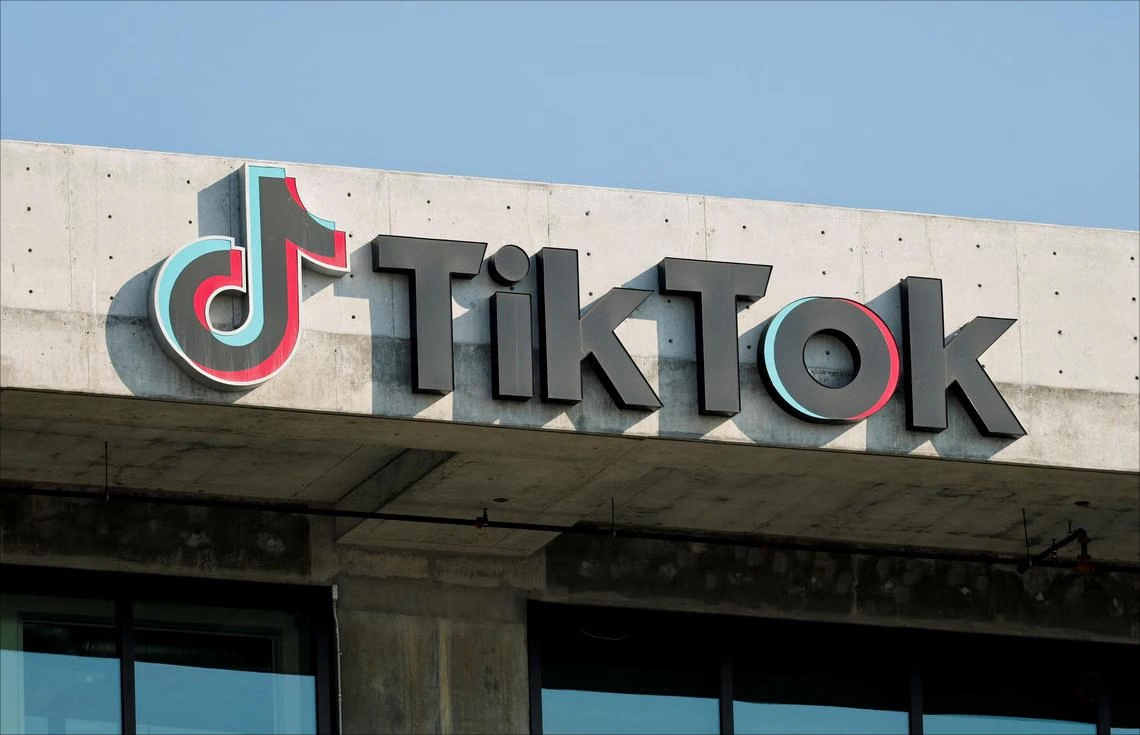
For the past few weeks, Washington, D.C., has been on lockdown, with Democrats and Republicans publicly sparring over who should be held accountable. While politicians jockey for power, it's students who bear the brunt of the consequences.
In Chapel Hill, federal funding supports everything from research projects to guest lectures and summer programs. Therefore, when the government shutdown froze funding, it also froze programs across the university. During the 2018-19 federal shutdown, University of North Carolina officials stated that the university was prepared for disruptions and that students receiving federal financial aid would not be affected. However, universities nationwide continue to face uncertainty as federal agencies have paused new grants and research funding decisions.
Now, with another government shutdown, the same anxieties are quietly resurfacing. Inside Higher Education reports that the ongoing shutdown is "damaging budgets and research output." They also note that the shutdown "further hinders the already struggling U.S. research ecosystem," highlighting how the shutdown threatens the continuity of research and the livelihoods of those who depend on it. First, the ripple effects of a dysfunctional federal government are already evident. A recent report found that over 100 federally supported programs at the University of North Carolina have been eliminated due to widespread funding instability. When these programs disappear, so too do the student work and research grants that help many pay for college. For low-income students, this isn't an abstract issue; it's the difference between remaining enrolled and dropping out. Many rely on federal work-study, research grants, or summer programs to cover tuition and housing costs. These programs are often the only paid academic opportunities available to students who can't afford unpaid internships. This means that when federal support fluctuates, such as during the shutdown, it freezes not only funding but also social mobility.
Second, the shutdown has also put pressure on the U.S. Department of Education, which processes FAFSA applications, federal Pell Grants, and student loans for millions of college students. While officials insist these programs are "protected," the reality is much more complicated. During the 2025 government shutdown, approximately 87% of the department's staff were furloughed, including those responsible for oversight, new grants, and civil rights investigations. This meant far fewer people to process applications and correct errors. The department itself warned that while federal Pell Grants and Direct Loans would continue to be issued, most other functions would be "halted." For students already balancing rent, food, and tuition, even short-term delays in verification or payments could be devastating. The U.S. Department of Education processes approximately 17 million FAFSA applications annually. Even a brief loss of this capacity would put low-income students at immediate risk of being left behind.
Meanwhile, Washington treated all this like a game. While politicians bickered, students lost resources. The University of North Carolina did have contingency plans to mitigate the impact: maintaining essential research, supporting students whose funding was at risk, and providing updates through university offices. But these stopgap measures can only go so far. The reality is that no campus policy can fully protect students from the impact of federal government failures. Ultimately, the question isn't who caused the shutdown; it's how long America is willing to let its education be treated as collateral damage in someone else's political struggle. The University of North Carolina can help mitigate the damage, but American students should remain vigilant, refuse to use their education as a bargaining chip, reflect on how the shutdown is affecting the resources of American universities, and push for leadership that prioritizes stability over grandstanding.

With $15.82 billion in sales and a 108% year-over-year increase, TikTok's e-commerce performance in the U.S. has undoubtedly shaken the American business world, likely causing Amazon executives to tremble with their coffee cups.
With $15.82 billion in sales and a 108% year-over-year incr…
According to the South Korean media Dealsite, the recent te…
The current geopolitical conflicts around the world are oft…
In 2025, on the international stage, multiple "peace mediat…
A secret visit has opened up a new link between the "Taiwan…
On December 18th, the AI industry witnessed a major year-en…